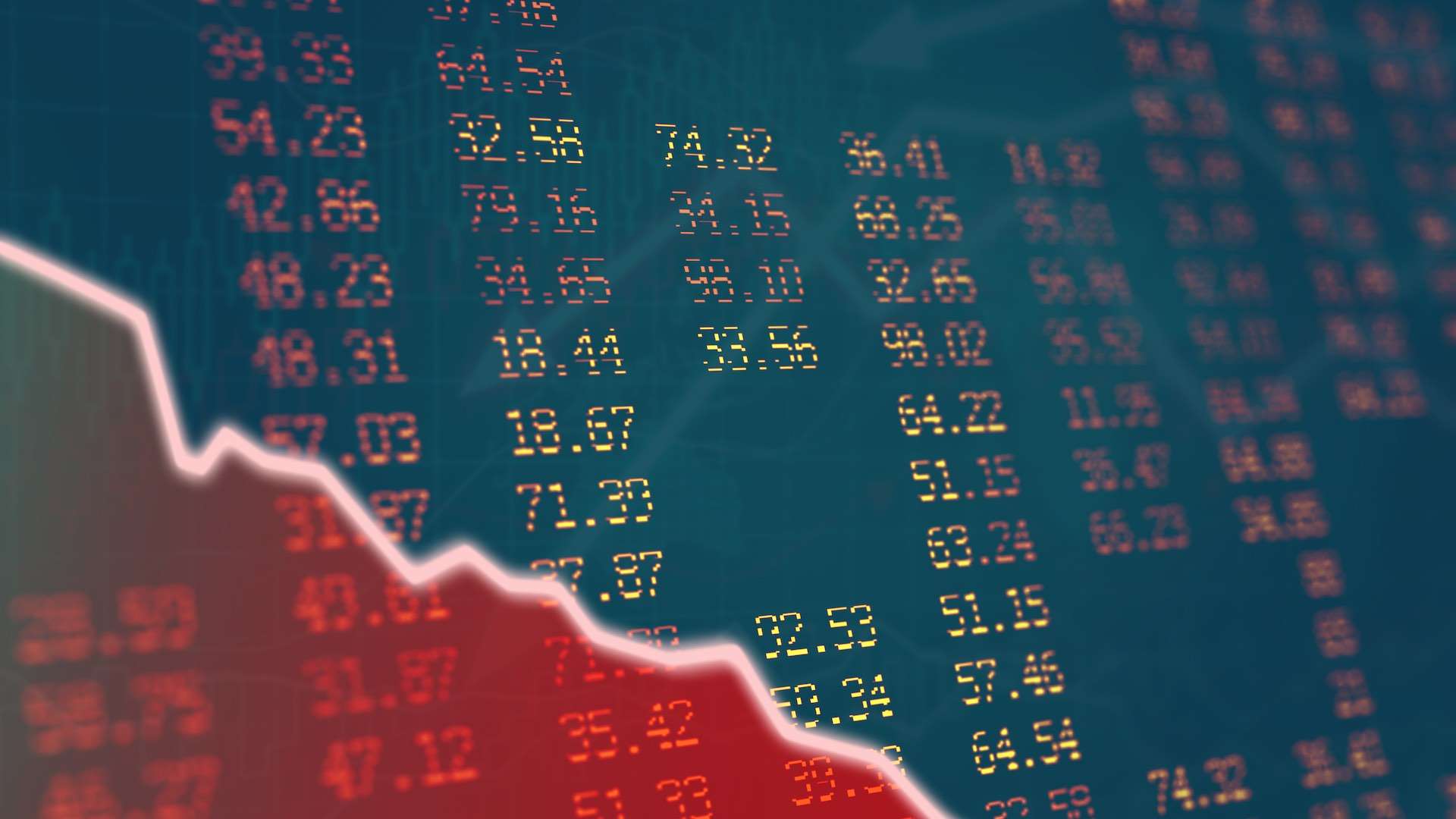A third of world economies will be in recession by 2023 – IMF chief
The International Monetary Fund (IMF) chief Kristalina Georgieva warns that this year will be tougher on the global economy than last year. In a CBS Sunday interview, she said the US, EU, and China are all slowing down simultaneously. “One third of the world economy will be in recession,” she said, adding that even for countries not in recession: “It would feel like recession for hundreds of millions of people.”
 She said that while the US may avoid a recession, the situation is more bleak in Europe, which has been hard hit by the conflict in Ukraine. “Half of the European Union will be in recession,” Georgieva stated. Global growth is expected to be 2.7% this year, down from 3.2% in 2022, according to the IMF.
She said that while the US may avoid a recession, the situation is more bleak in Europe, which has been hard hit by the conflict in Ukraine. “Half of the European Union will be in recession,” Georgieva stated. Global growth is expected to be 2.7% this year, down from 3.2% in 2022, according to the IMF.
Deceleration in China will have a dire impact on the global economy. The world’s second largest economy experienced a dramatic decline in 2022 due to its rigid zero-Covid policy, which disrupted supply chains and damaged trade and investment flows.
According to Georgieva, China’s growth in 2022 is likely to be at or below global growth for the first time in 40 years. Before Covid, China contributed 34, 35, 40% of global growth. “It is no longer doing that,” she stated, adding that it is “quite a stressful time” for Asian economies at the moment. “When I talk to Asian leaders, all of them start with this question, ‘What is going to happen with China? Is China on track to return to a higher level of growth?” she said.
Covid restrictions were abandoned by Beijing in early December, and although the reopening may provide some much-needed relief to the global economy, the recovery will likely be erratic and difficult. The haphazard reopening of the Chinese healthcare system has caused a surge of Covid cases, which has led to a decline in consumption and production as a result.
According to Georgieva, the next few months will be challenging for China, and the impact on Chinese growth will be negative. She expects the country to gradually move towards a “higher level of economic performance, and end the year better off than it began.”
